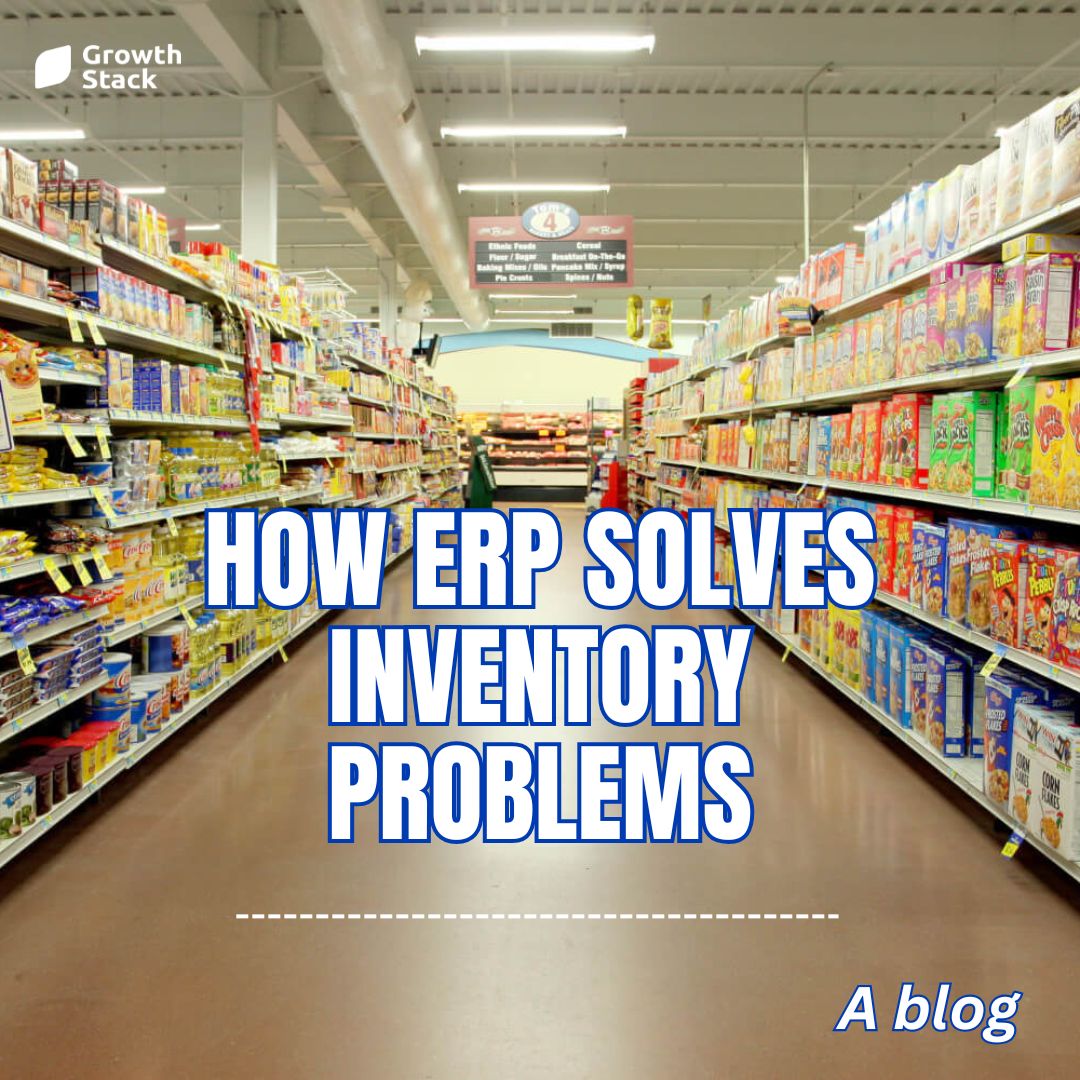Importance of Record Keeping Using ERP in Agriculture Production.
A nation’s economic dependence is on agriculture. It makes a huge contribution to economic growth by providing food supplies, a crucial and indispensable resource. If done correctly, agriculture may make a country food self-sufficient.
In order to guarantee strong yields, high-quality goods, and lower operational costs, individuals in the sector have always invested in and utilized cutting-edge technology. It is crucial to keep in mind that, in contrast to industrial production, agriculture is susceptible to a number of outside influences that are beyond of human control, such as weather, plant diseases, forest fires, and the like.
Therefore, it is even more crucial to concentrate on internal processes that are subject to human activity. ERP for the agriculture business includes these extra or unique capabilities in addition to the standard modules.
-
Agronomic Information.
Numerous tools, methods, pieces of machinery, cutting-edge software, and models are all readily accessible on the market now thanks to the development of technology in agriculture.
All of these may be managed effectively and integrated using ERP software.
To ensure that all employees are on the same page, the Odoo ERP centralizes information from across the company.
-
Agriculture Sales.
Using agricultural ERP software may reduce confusion and mistakes while also boosting sales and profitability. The program can aid agricultural enterprises in more effective product marketing.
-
Controlling Procedures.
The ERP effectively manages tasks like as inventory management, order management, and procurement. It makes it easier to achieve sector-specific objectives and needs by bringing them into line with contemporary technology.
-
Compliance Control.
A wide range of regulatory standards must be complied with in order to buy and sell agricultural goods. Through monitoring announcements and releases from the appropriate authorities, sending alert notices on changes, and automatically producing necessary papers, ERP software aids in ensuring compliance.
Agricultural ERP Benefits:
-
Crop Management.
How, when, where, and what to plant are all topics covered by crop management. Even if there is only one sort of crop, it might become confusing when there are many.
The following procedures are automatable using ERP.
- Purchasing seeds using online tenders on electronic auction sites.
- Keeping an eye on the types and amounts of fertilizers and pesticides.
- Streamlining watering, data collecting, etc.
- Regulating the harvest and storage.
-
Effective production management.
The right allocation and management of seasonal crops, supply chains, staff and equipment scheduling, and other factors are crucial for achieving efficiency in agricultural production, especially if the company owns numerous farms.
Your operational effectiveness increases at every stage of production with the correct ERP, and visibility of:
- Crops cultivated
- Information on costs
- Details on seeding and planting
- Comparing actual results to yield projections
- Employee and task information
-
Managing Land Plots.
As all the information is available through a single database, agriculture ERP streamlines communication and makes managing land and plots simple. The dashboards provide the following display options:
- Data on plot boundaries
- Geo-location
- Information on the location and pastures for livestock Data about purchasing, renting, or leasing land
- Information about how often and when to water
- Crop information, such as which crops are grown where, is provided.
-
Traceability.
The modern consumer is much more informed and seeks assurance that the food they eat is pure and safe. To assure their safety and to prevent contamination, agriculturalists must trace the seeds and fertilizers, the fields where the crops were grown, how they travel through the supply chain, and other factors.
Agriculture ERP aids in facilitating this traceability so that the food that finally makes it to consumers’ tables is secure and devoid of dangerous substances, bugs, etc.
-
Machine Administration.
Farming has been simpler with the introduction of sophisticated machinery like tractors, harvesters, sprinklers, and more, which has also replaced manual or animal labor and increased productivity.
-
Integration of HRMS.
There is a lot of seasonal work done on farms. The tracking of employees to guarantee that their pay is made, as well as the provision of payment options for taxes withdrawn and other worker-related charges, will be made easier with the use of an ERP solution that includes an HRMS module.
Farmworkers require access to food, drink, and restrooms because they spend their days working outside while travelling from field to field. Management will be assisted in giving their staff the appropriate attention and facilities by sophisticated ERP software like Tranquil.
-
Livestock tracking.
Agriculture ERP enables livestock producers to keep track of each animal’s lifecycle, including the animal’s birthdate, pedigree, food intake, healthy development, vaccinations, and if it has received hormone injections, among other details.
A breeding calendar may also be a part of this module. It keeps track of a female’s health during her pregnancy, as well as the weight and general wellbeing of her kids.
Final Reflections
In conclusion, the major goal of installing an ERP for agriculture is to increase overall business efficiency by reducing manual labor and paperwork.
Find out more right now.
Furthermore, contact us right away to learn more about how we can help. The Odoo ERP system may assist you in achieving increased process transparency, which is required for long-term remote working to be successful. We are an international team of ERP business improvement system specialists who create and market ERP solutions for a variety of industries. We can assist you in creating the ideal ERP solution to support your remote working endeavors.










